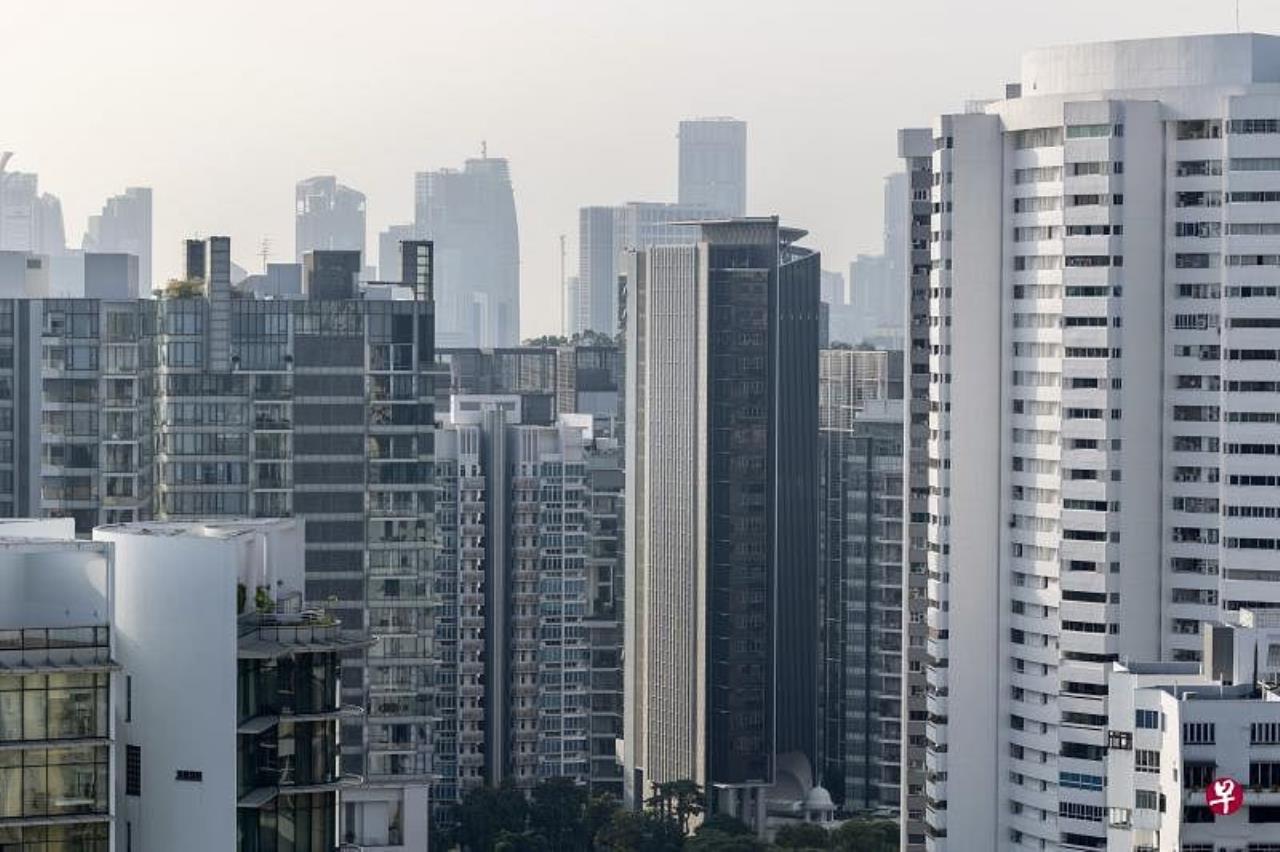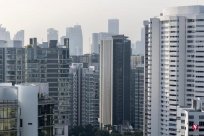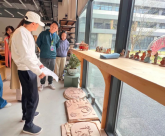
A survey by the Singapore European Chamber of Commerce shows that half of foreign professionals have soared by more than 40%when updating the rent of residential houses, and the rent of 36%of tenants has risen by 20%to 40%.On the other hand, among the investigated companies, 12%of office buildings rents rose more than 40%, only 28%of the new lease from about 10%, and the remaining new leases rang up by 10%to 30%.Essence
More than 97%of the interviewed companies said that the increase in rent made employees feel anxious and affect their work performance.The report pointed out that rising rents account for nearly half of the rising business operating costs.If the rent does not decrease or the company does not receive government support, Singapore will lose the attractiveness of foreign companies, and up to 69%of companies are ready to migrate to neighboring countries.
This survey is cooperated with the Singapore European Chamber of Commerce and 14 European countries in cooperation with local commercial groups, Singapore International Chamber of Commerce, Singapore British Chamber of Commerce, and the Canadian Chamber of Commerce in Singapore.A total of 268 companies participating in the investigation.
In business talks, the European Chamber of Commerce is a interest group representing European companies.The conclusion of this report shows that its main purpose is to require the Singapore government to intervene in the problem of soaring rents, because "rental costs pose a threat to the survival of enterprises and foreign people."The samples of the report only provide some reference value, after all, there are more than 37,000 international companies in Singapore.
Rental is of course the main part of the operating cost of the enterprise, but most foreign investment is unlikely to move out due to rent.Singapore has other advantages in attracting foreign capital.Among them, Singapore's hub status, political stability, infrastructure, employee quality, pro -business tax discounts, and a livable and safe environment make Singapore stand out in terms of foreign investment.
In the global competitiveness ranking of the Lausanne School of Management, Singapore ranked third in the world last year and ranked first in Asia.This survey ranks four major indicators of economic performance, government efficiency, business efficiency and infrastructure. Each indicator has five major factors, which reflects the multi -facetedness of competitiveness.
Even so, like other countries in other countries, companies from Europe brought capital, technology and employment opportunities to Singapore.There are many high -value value -added and high -tech companies in Europe, playing important roles in Singapore's high -quality investment.Therefore, despite the small survey samples, the European Chamber of Commerce's concerns about rising rents and rising operating costs cannot be seen.
In the past two years, the crown disease epidemic has caused the construction engineering project of private houses and houses to delay, and real estate supply should push up house prices and rent.In addition, Singapore is one of the first countries that open the border. Foreign students and foreign people return the flow of background, and enterprises have accelerated the increasing housing demand.On the other hand, the government's real estate cooling measures, including restricting the owner of private houses to sell the house, are not allowed to purchase resale groups within 15 months, which exacerbates the demand for renting.
Similarly, the office building is also facing the problem of imbalance between supply and demand.The increase in strong Singaporean and loan interest rates means that investors require higher rent to maintain a certain rental return.Overseas high -net -worth individuals are looking for safe settlements in Singapore, which is also one of the factors to promote the rise in real estate prices and rent.
The rent index of the private house of the Urban Reconstruction Bureau shows that the rent of non -local houses rose by 9.9%in 2021 and rose 29.8%last year.This is similar to the investigation of the Singapore European Chamber of Commerce.Although real estate construction projects are accelerating, it is estimated that it takes two years to reach the balance of supply and demand.During this period, the price and rent of real estate still rose.Some real estate analysts estimate that this year's apartment rent will rise by 13%to about 16%.
National Development Minister Li Zhisheng said in an interview with the media a few days ago that the current international financial market is turbulent and the global political situation is full of uncertain factors. The government will be cautious in regulating the real estate market to avoid over -end.He pointed out that under the effect of the two rounds of cooling measures in the last two rounds, there have been some signs that the price and rental growth of the resale group is slowing down.
According to the survey of the Singapore European Chamber of Commerce, only 38%of the interviewed companies were given additional rent subsidies to foreign employees with more than 1,500 yuan, and 62%less than 1500 yuan or no subsidy at all.Real estate agencies reflected that under the pressure of rising rents, more and more foreigners shifted from private houses to group houses.This has driven the rent of the HDB, and it has also pushed the resale price of the HDB.
The rental market is strong. The main reason is that a large number of foreigners are flowing, which also reflects the opening and attractiveness of Singapore.Before the real estate supply and demand has not fully reached the balance point, the rental market will still be dominated by landlords, and tenants are price recipients.Even so, rents have risen by 30 % and 40 %, which is not only difficult to succeed, but also an unhealthy development.Whether it is a local or foreign -funded enterprise, the increase in operating costs will be transmitted to the price of items, and the living expenses that Chinese people pay attention to will also be more challenging.



